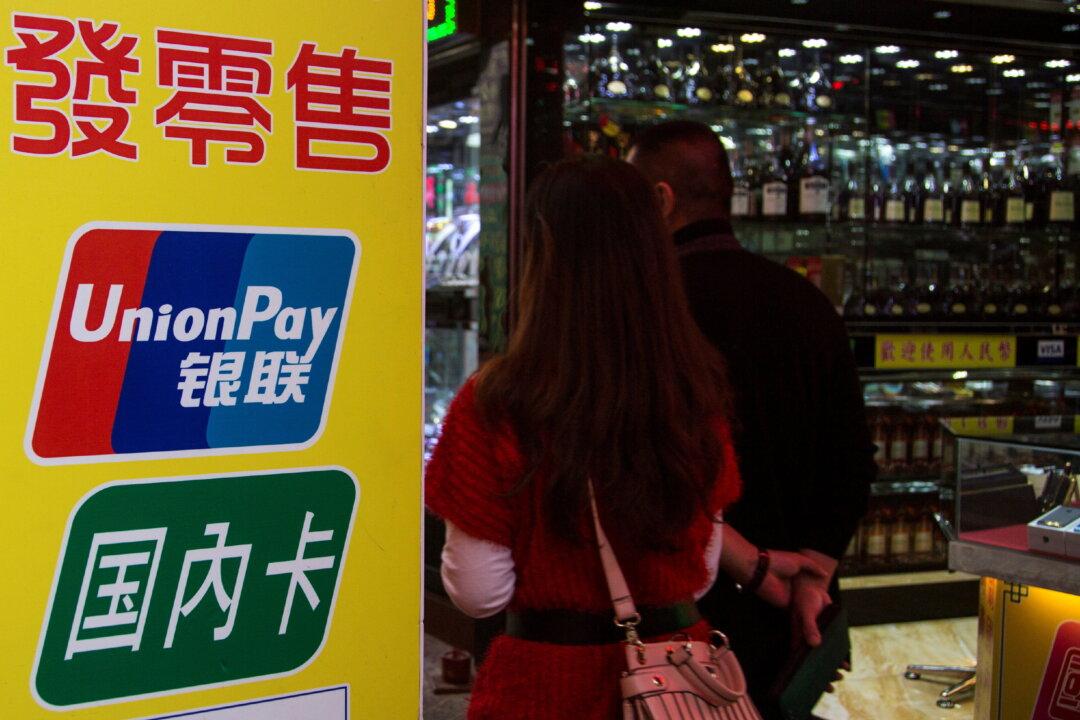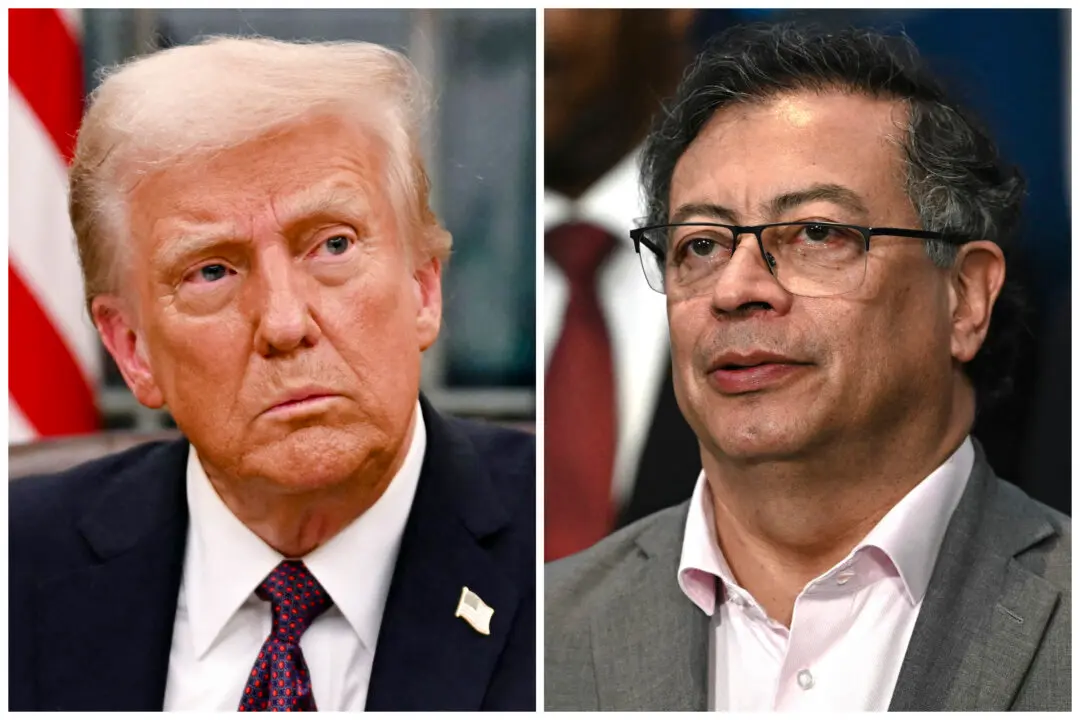Russian banks are looking to China to issue their customers new bank cards that will be accepted overseas as a suspension of service deadline approaches for Russia-based customers of Mastercard and Visa, the world’s largest credit card and digital payment processors.
As some companies choose to follow NATO members and their allies in severing business links with Russia, Russian banks are being cut off by major international service providers and forced to turn to China, which is positioning itself as a neutral observer of the conflict in official statements, despite behind-the-scenes cooperation with Russia.





